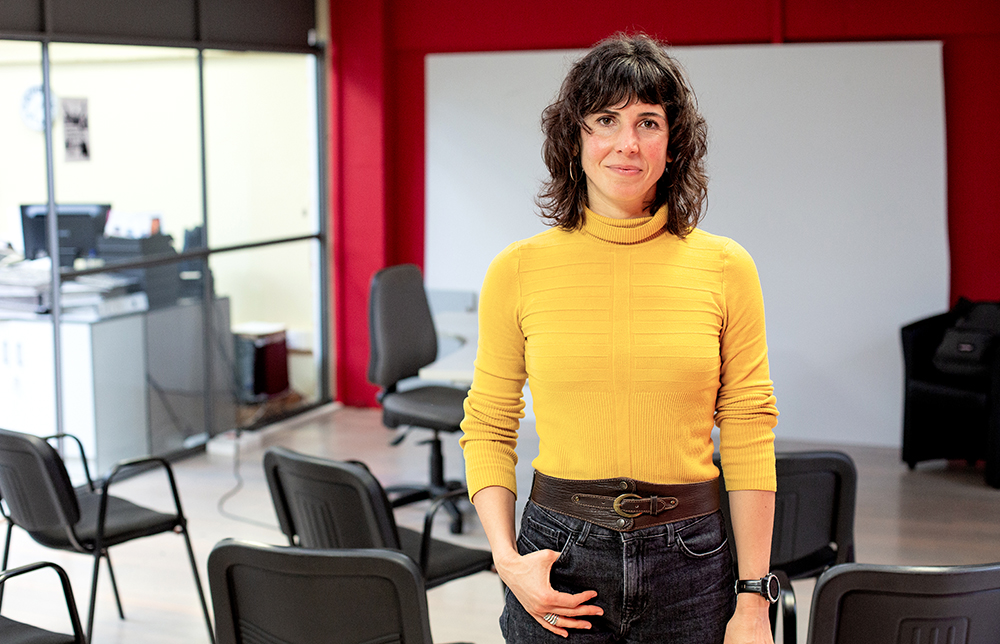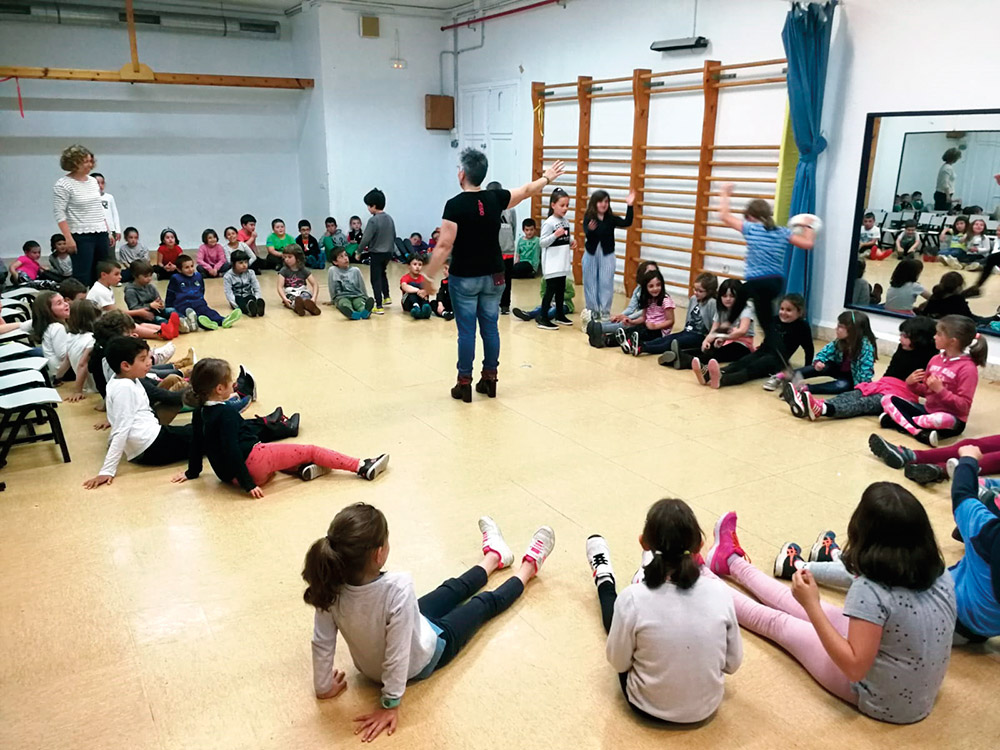Unified Iparralde?
- From a multitude of Euskalkis, the unified or “standard” Basque has created a national language. At what point is this “standard” really united? In graph, declination, verb, demonstrators, names of people and place, in the Unified Dictionary of Euskaltzaindia. In the use of the latter we distinguish, as detailed below, the two sides of the border.

Some people ask us from the South: “Why and why do you have the North Batua?” The answer is simple: you often use a unified South, quite far away for us in the dictionary, not a stranger, even bent to the Spanish pleats in the rounds. Hence, what is sold on behalf of the unified Basque country is the Guipuzkoan formed in French, that is, the Guipuzkoan plus the letter H, and instead of the det form, at least in the letter. However, he did not even say that word: H do not pronounce it most of the time, and I have, you come here, well, well, well, for example, in the bertsolaris sessions of different Euskalkis, to such an extent that some Euskaltzales of Iparralde and Nafarroa Garaia believe that this is the starting point.
The real batua is the fruit of the rapprochement between the different dialects on both sides of the border. There I always remember what I once heard from Koldo Mitxelena: “When the central dialects agree, that’s the batua. However, when those in the middle do not, but those on the shore do agree, that is unity.” The Basque Country batua is made mainly between the labortane and the Gipuzkoan: let us say that eight out of ten, somewhere. For me it is not a unified Basque, but a complete Guipuzkoan, who dismisses a labortane that takes such a place in the Basque literature. I believe that the work we have done for two generations with Txillardegi deserves more luck, although that work has already left some contribution on both sides of the border, but it should have more presence in the future, with good will and a little openness.
The most important problems we have in the dictionary, because the Unified Dictionary of the Basque Country doesn't use it enough, or because we use it badly. There are the classical words of all dialects, which have been widely used in literature. Following a few words, the dialect of their source is mentioned, for example, the note “Zub” is added to the word “prefosta”. Consequently, many of Hegoalde’s and some of Iparralde’s believe that these words should be left to local speakers, and not used together. Therefore, they reject all the words that have the brand Zub, Lap, Nav, Ip…, so in Iparralde too often they disappear from teaching.
Against the Basques of the centre of the prefect I have nothing, especially against the Gipuzkoans of the east: they form the back of the Basque Country, we need it: Joining with the Biscayan would have been much more difficult! But take into account the work that has cost us to those of Baztarre to develop into a unified Basque and to participate in its construction, starting some since 1963 around Txillardegi: therefore, those of Erdikos can also do a bit of strength to spread their Basque, for example by assimilating it well, and above all (especially what the couple has just buried), in content / not always),
We will take into account the rules and recommendations of Euskaltzaindia. To help each other, he has just published the Unified Basque Manual (EBB) and digitized it more recently on the web euskaltzaindia.eus, incorporating the French translation to those who want to learn in Basque. Because it's eus. The presentation of the rules emphasizes the peculiarities of the languages of Iparralde, in some cases taking precedence over the northern forms allowed in Iparralde and in the unified Basque country. Is that the “United North”? In addition, we should all read more. In the same Euskaltzaindia there are writers who use the unified Basque of extensive vocabulary such as Atxaga, Kintana, Peillen, Zabaleta… more numerous, Gabriel Aresti, Txillardegi, Hasier Etxeberria (the three dead, but their writings are there), Egaña, Koldo Iztagirre, Arbitxundi. So we have where to choose and enjoy, and what to learn.
1887. urtetik 1914. urtera almanaka bat zuberera hutsez argitaratu zen. Euskaltzaindiaren webgunera igo dituzte zenbaki guztiak PDF formatoan.
On 25 July of this year, four villages in Zuberoa — Ainharbe, Ezpeize-Ündürein, Sarrikotapea and Ürrüstoi-Larrabile — starred in the pastoral Abdelkader written by Jean-Louis Davant in the bounce square of the Ürrüstoi, one year after the terror of Covid.19. In fact,... [+]


















